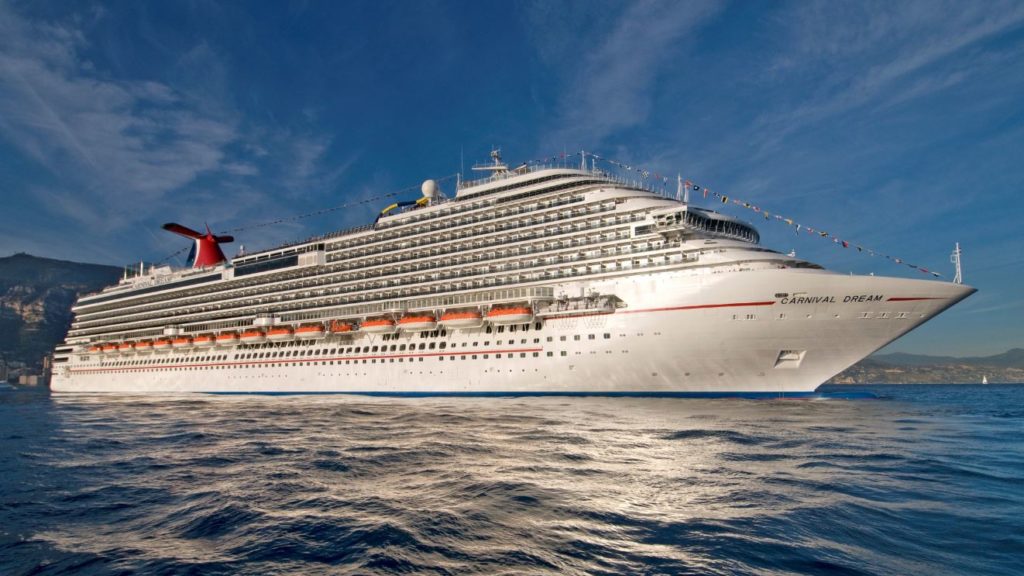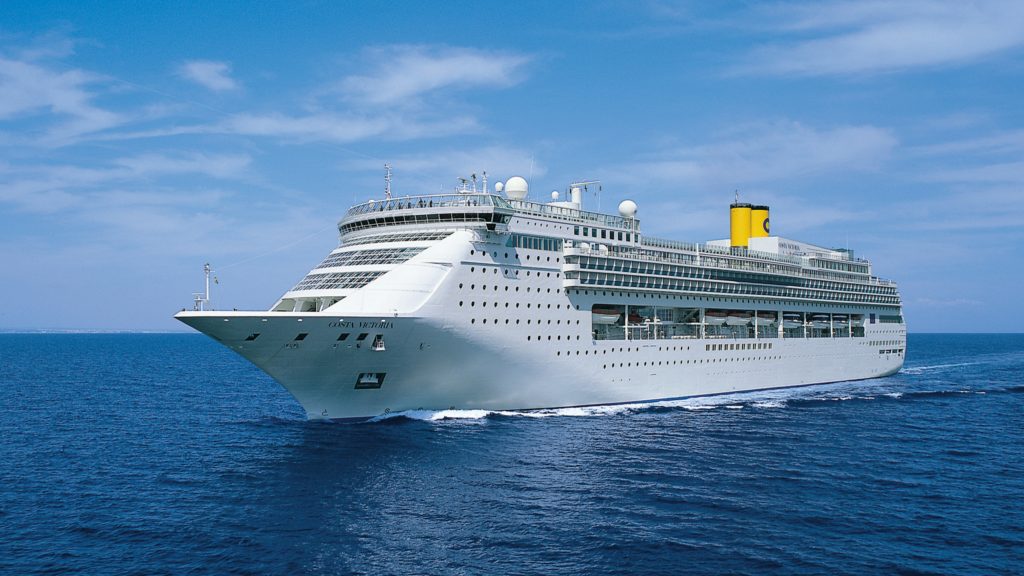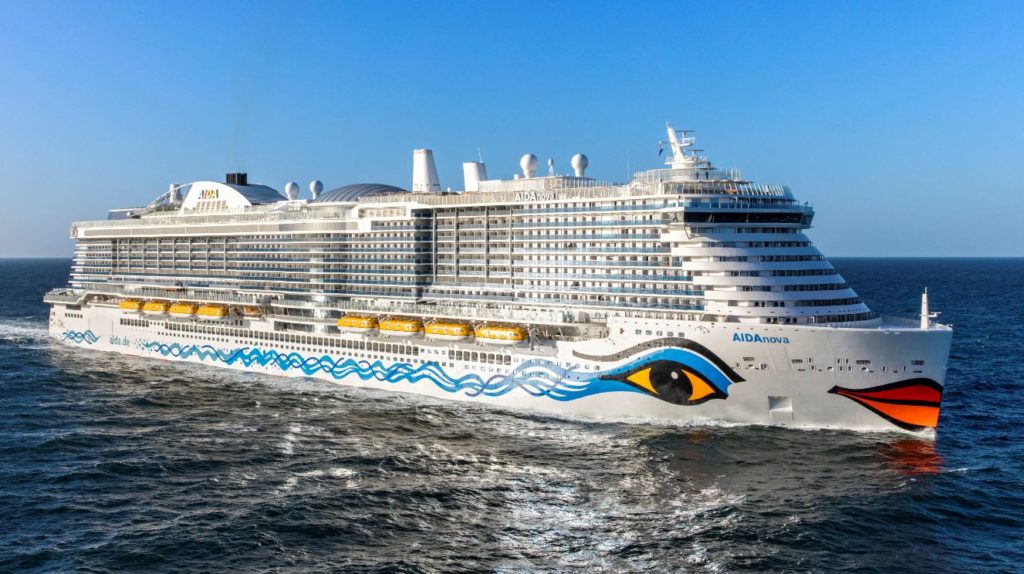In the face of the global impact of COVID-19, Carnival Corporation paused its guest cruise operations in mid-March. The company expects to guest operations, with ongoing collaboration from both government and health authorities, in a phased manner and at reduced capacity.

A leaner, more efficient company
Carnival Corporation expects future capacity to be moderated by the phased re-entry of its ships, the removal of capacity from its fleet and delays in new ship deliveries.
As previously announced, the company intends to accelerate the removal of ships which were previously expected to be sold over the ensuing years. So far the company sold one ship – Costa Victoria – during June 2020 and has agreements for the disposal of five ships and preliminary agreements for an additional three ships, all of which are expected to leave the fleet in the next 90 days.

These agreements are in addition to the sale of four ships which were already announced. In total the 13 ships expected to leave the fleet represent a nearly nine percent reduction in current capacity.
The company currently expects only five of its nine new ships which were originally scheduled to enter service in 2020 and 2021, to be delivered by the end of next year. In addition the company also expects later deliveries of ships originally scheduled for 2022 and 2023.
A phased return to service

The first of the company’s nine cruise brands to resume guest cruise operations will be AIDA.
AIDA will resume guest cruise operations from ports in Germany beginning August 2020 with three of its ships. AIDAperla will be the first to set sail on August 5, 2020, from Hamburg, followed by AIDAmar from Rostock-Warnemünde on August 12, 2020 and AIDAblu from Kiel on August 16, 2020. The first cruises will take place with an adjusted passenger capacity and without calling at other ports.
AIDA will introduce additional safety and protective measures which will include pre-boarding health questionnaires and temperature checks for both guests and crew, physical distancing guidelines, routing systems on arrival, departure and onboard, increased mitigation and sanitation efforts in all cabins and public areas, as well as closely managing capacities at onboard experiences.
These enhanced measures have been developed with advice from medical experts and align with the current guidance from the World Health Organization (WHO) and the German Robert Koch Institute (RKI), as well as other governmental and health authorities.